Strep A: Bolton girl, 4, out of intensive care, mum says
- Published

Camila fell ill after contracting a severe case of the Strep A bacterial infection
A four-year-old girl who was "fighting for her life" in hospital with strep A is out of intensive care and on a specialist ward, her mother has said.
Camila, from Bolton, was put on a ventilator at Liverpool's Alder Hey Children's Hospital on 28 November.
Her mum Kaye said "our little fighter" was slowly recovering.
Fifteen children have died with invasive strep A infections since September, according to UK Health Security Agency figures.
Most strep A infections are mild, but more severe invasive cases - while still rare - are rising.
'Bravest girl'
Kaye posted on Facebook that Camila had been moved to a specialised ward but remained on dialysis and antibiotics and was being monitored for the effects of the sepsis shock.
"We still don't know the full damage yet... We need to wait and give her more time to recover," she said.
"Despite this we can still get a smile out of her and she is talking about dinosaurs and watching CBeebies in her hospital bed."
Camila is starting to eat again and her first request was chicken nuggets, her mum said.
"She is still very poorly and we have a long way to go... but we are getting there slowly and she is just the bravest little girl I know."
Kaye praised Alder Hey Children's Hospital in Liverpool and Royal Bolton Hospital where she was initially admitted.
"We can't thank the medical staff enough for saving our special girl," she said.
She said the family, who had been "hoping and praying for a miracle", were thankful for people's "overwhelming" support.
She asked well-wishers to "continue to pray for our beautiful girl to fully heal".

What is Strep A?
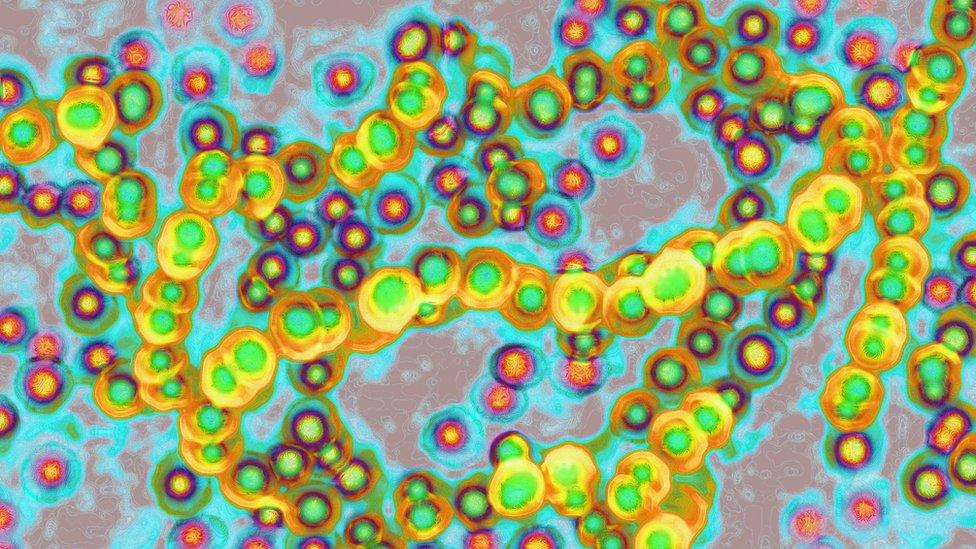
Group A streptococcal (GAS) infection is caused by strains of the streptococcus pyogenes bacterium
The bacteria can live on hands or the throat for long enough to allow easy spread between people through sneezing, kissing and skin contact
Most infections cause mild illnesses such as "strep throat" or skin infections
It can also cause scarlet fever and in the majority of cases this clears up with antibiotics
On rare occasions the bacteria can get deeper into the body - including infecting the lungs and bloodstream. It is known as invasive GAS (iGAS) and needs urgent treatment as this can be serious and life-threatening

Why not follow BBC North West on Facebook, external, Twitter, external and Instagram, external? You can also send story ideas to northwest.newsonline@bbc.co.uk
Related topics
- Published9 December 2022
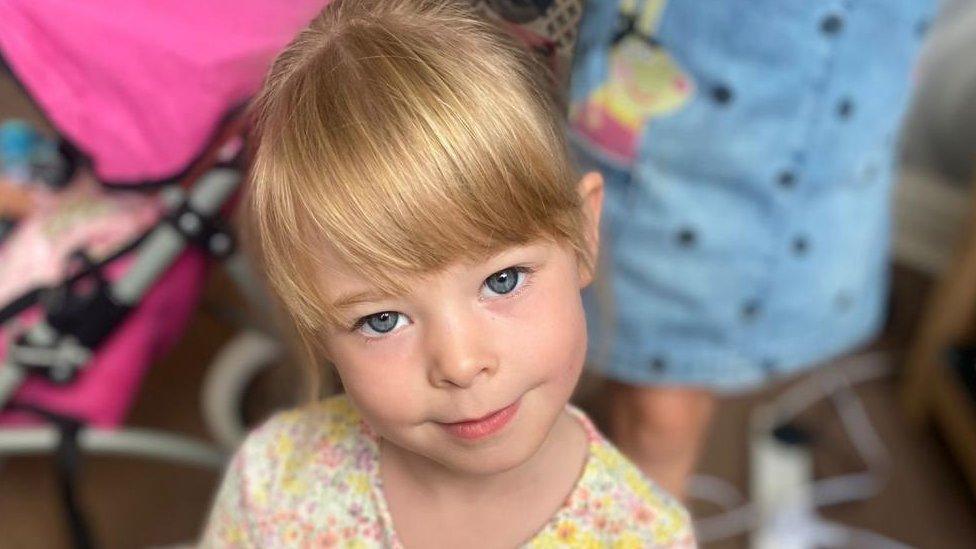
- Published3 December 2022
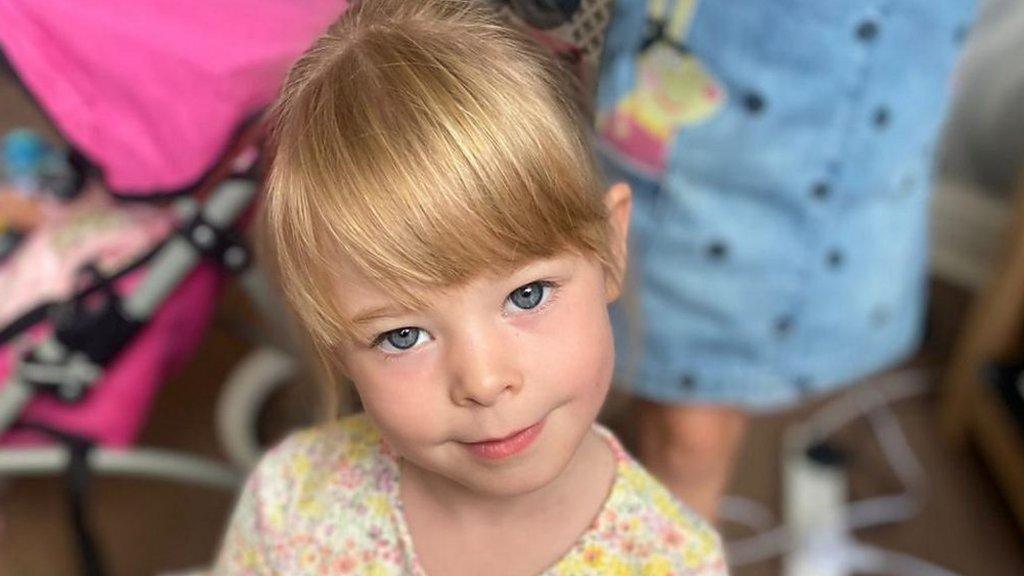
- Published3 December 2022

- Published14 December 2022
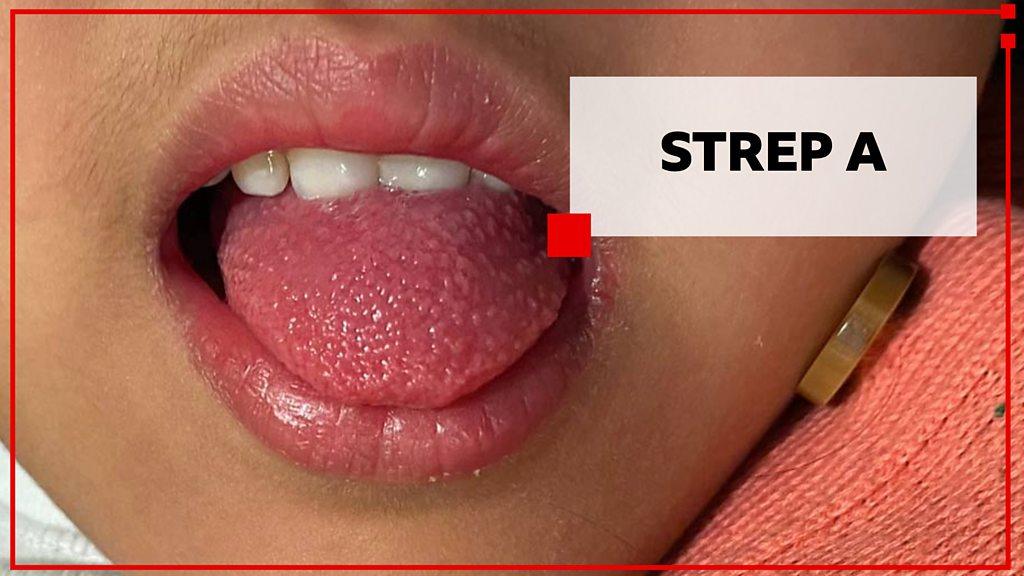
- Published9 December 2022
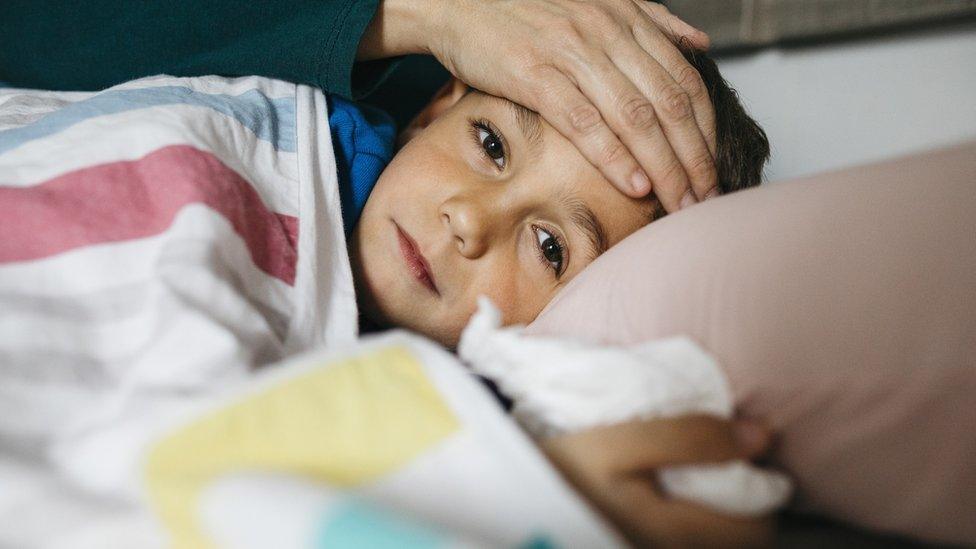
- Published8 December 2022
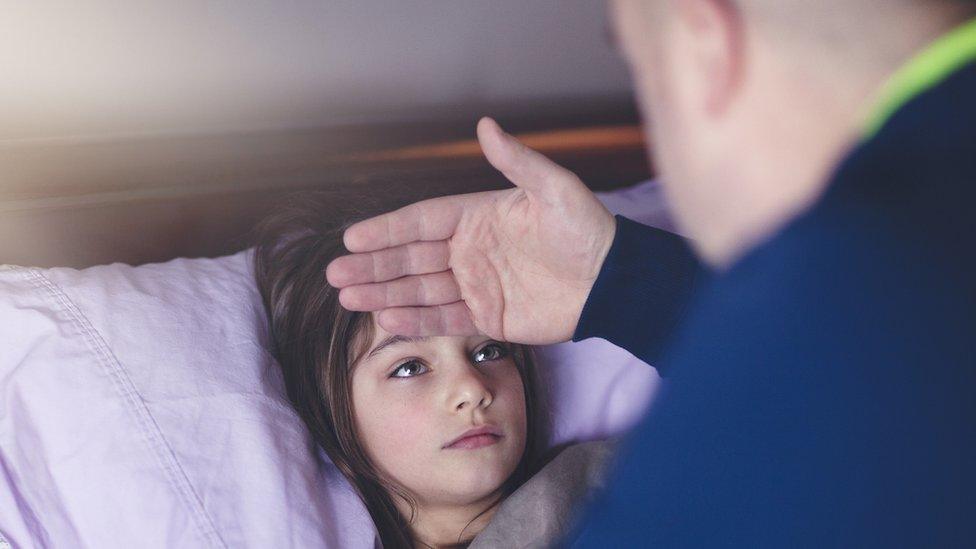
- Published5 December 2022

- Published2 December 2022
